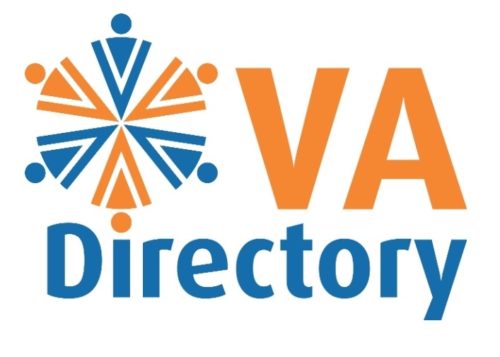It’s amazing how wrong people can be about the Virtual Assistant industry.
Quote from their video page:
Virtual assistants are being called on to unsnarl people’s lives. WSJ’s Sue Shellenbarger has the pros and cons of a virtual assistant, and Profitably.com CEO Adam Neary shares how a virtual assistant helped him get his life back.
The interview started off right. Yes, Virtual Assistants began as administrative support. But from there the interview went downhill. No, we don’t organise funerals or weddings, select insurance plans and do people’s shopping or any of that other ‘personal’ stuff. There might be people out there who provide personal support services, but they are NOT Virtual Assistants. WSJ doesn’t leave us a comments option to give them the facts so I’m hoping they’ll see my post, and the many other posts I know that will be published by other VAs.
If you’re seeking a Virtual Assistant, you need to be looking at the Virtual Assistant industry and the networks within. They did mention highly professional VAs at the higher end of the payment rates, and they got that right. But to hire VAs directly sounded like that’s not the ‘norm’ and it definitely is. Clients can contact Virtual Assistants direct from their websites, or from their listings via a Virtual Assistant Network or Directory. They can place a Request for Proposal or Job Request via these sites, and they certainly can be put in direct contact with a VA or VAs to get quotes for the work to be done and to instruct the VAs on what they do. And the Philippines isn’t the only place to get an ‘overseas’ VA. Outside of the US and Canada, what about Australia, New Zealand, the UK and other English speaking countries?
The thing that they got very wrong was the reference ‘EMPLOYEE’. Virtual Assistants are not employees, they’re self-employed business owner/operators, who provide a business service (and often consultations) to other business people who are in need of support. And then they talked about giving their VAs a raise in a manner that was very much a reference to the employee/employer mindset. Although, granted I have had one client do this who said I wasn’t charging her enough. But I am the one that sets the rate for all of my services.
It is very frustrating and annoying when people write or report about the Virtual Assistant industry without going to the right sources or understanding fully what our industry is about.
Some facts about Virtual Assistants:
- They are self-employed business operators
- They invoice their clients and are not employees paid by employers
- They choose the rates they charge
- They are skilled in the services they provide and don’t need micro-managing
- VAs generally have a minimum 5 years’ working experience in the field of services they offer
- They are not employees of an agency
- They do not do everything, although you could engage more than one VA to get everything done
- They do not provide personal services such as listed above.
If you’re seeking a Virtual Assistant to support you, having clarity about what you want done helps considerably but there is always a ‘honeymoon’ period whenever there are people working together, whether in a corporate office or a virtual working environment.

Leave a Reply
You must be logged in to post a comment.